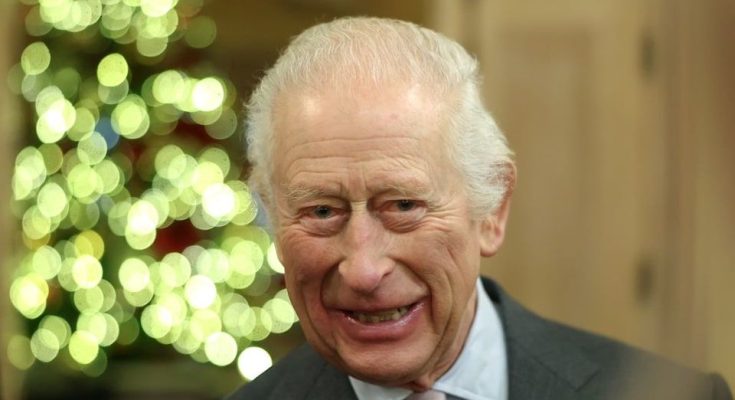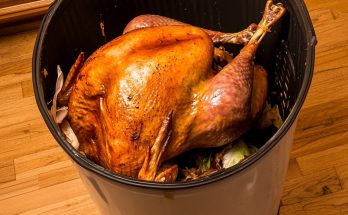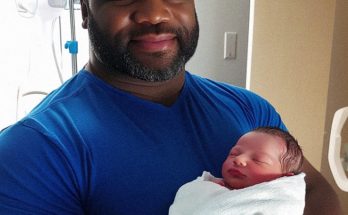When King Charles’ cancer diagnosis was shared last year, Buckingham Palace said in a statement that they did not plan to make the name of the physician treating the King, or any other appointments to the Medical Household, public.
However, in his New Year Honours list, King Charles inadvertently shared the names of the doctors who have helped him during his treatment by personally honouring senior staff from his medical team.
>For the latest top stories, breaking news, and updates straight to your phone
The monarch has given two members of his medical team awards under the RVO, which are bestowed independently of Downing Street to people who have served the monarch or the royal family in a personal way.
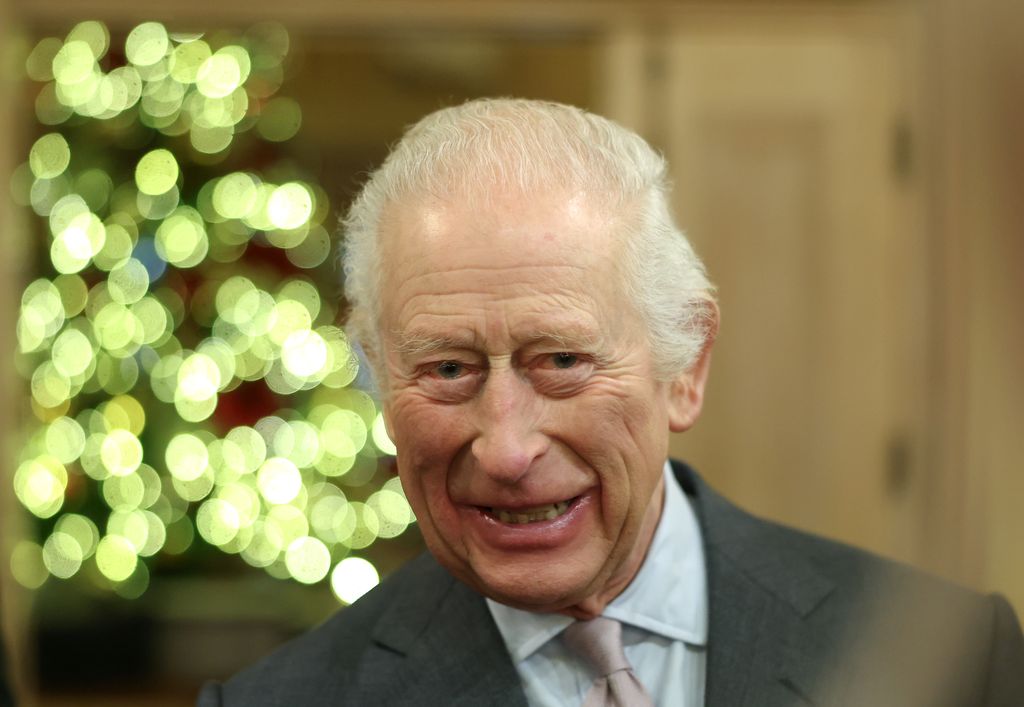
King Charles’ personal Honours
King Charles’s GP, Dr. Douglas Glass, otherwise known as the apothecary to the King, and his physician, Professor Richard Leach, have both been recognised for their personal service to the monarch and the royal family in the 2025 Honours List.
As well as treating the King, Dr. Glass served as Queen Elizabeth II’s apothecary and was the medical professional in attendance at Balmoral when she died.
As for Professor Leach, he is a consultant physician at the private King Edward VII’s Hospital in central London, where members of the royal family have been treated for decades.
It’s not uncommon for doctors of the royal family to receive personal recognition, as King Charles’ mother knighted her Head of the Medical Household, Sir Huw Thomas in 2021.
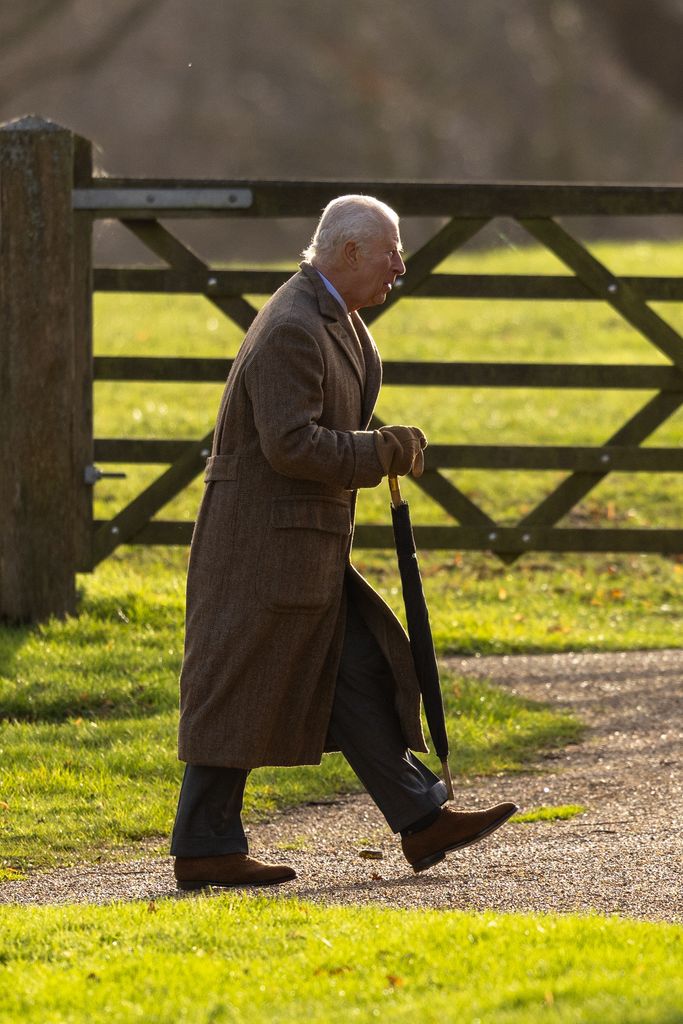
Who is King Charles’ private doctor?
While King Charles has honoured Professor Leach and Dr. Glass, it’s a different name that he appointed head of the Royal Medical Household.
That role was given to Dr. Michael Dixon, a practising GP of over 50 years.
Dr. Dixon is a Fellow of the Royal College of GPs, a Fellow of the Royal College of Physicians, and previously worked as a medical adviser to the monarch when he was Prince of Wales.
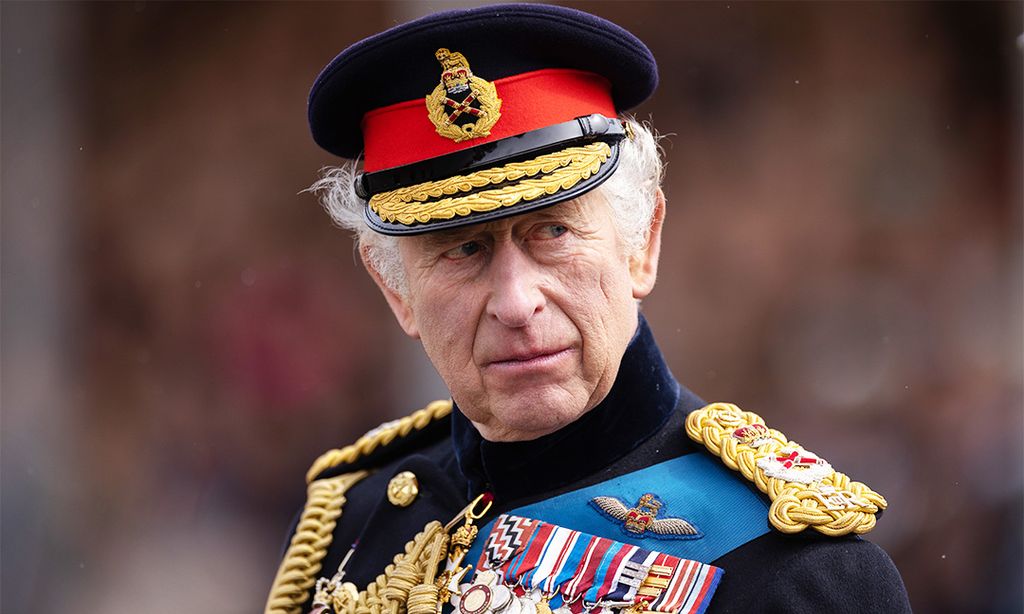
At the time of his appointment, eyebrows were raised because of his special interest in complementary and alternative medicine, particularly homeopathy.
Buckingham Palace said of the professional’s penchant for homeopathy: “Dr Dixon does not believe homeopathy can cure cancer. His position is that complementary therapies can sit alongside conventional treatments, provided they are safe, appropriate and evidence based.
“As Prince of Wales, The King’s position on complementary therapies, integrated health and patient choice was well documented. In his own words, ‘Nor is it about rejecting conventional medicines in favour of other treatments: the term complementary medicine means precisely what it says’.”
